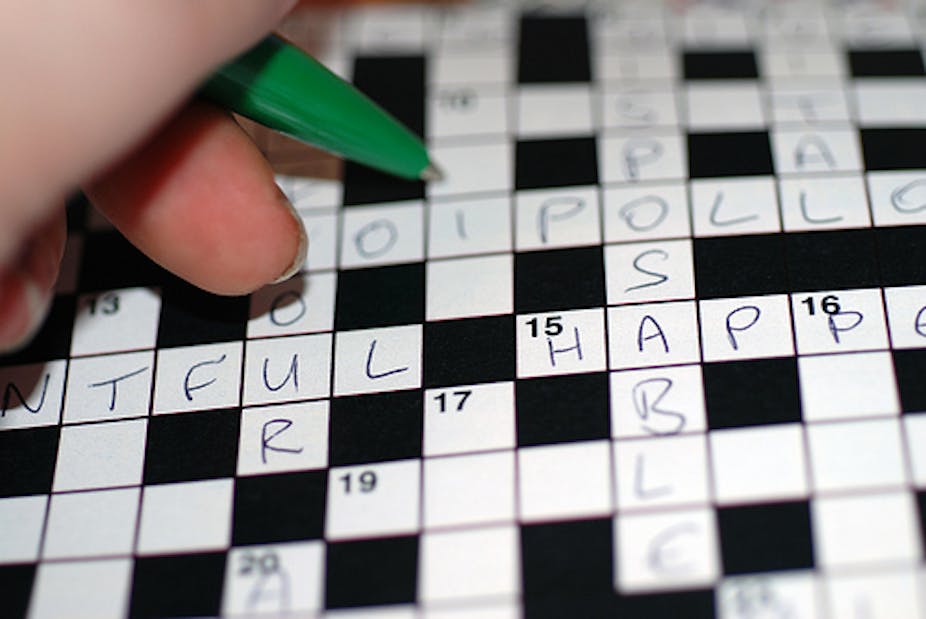Left handers have copped their share of bad publicity in the past.
The term used to describe left handers in English is “sinistral”, which is derived from the word “sinister”.
And it’s no better in other languages. Italians use “mancino” (underhand, dishonest), the French use “gauche” (unpolished, graceless) and the Germans use “links” (wrong, reverse) – and all words have a similar, negative, connotation.
Even early psychologists had it in for left handers.
Cyril Burt, a famous (or maybe infamous) psychologist, said of left handers:
“They squint, they stammer, they shuffle and shamble, they flounder around like seals out of water. Awkward in the house and clumsy in their games, they are fumblers and bunglers at whatever they do.”
This quote was published in his eloquently titled book, “The Backward Child” (1937).
It’s perhaps for these reasons that left handers look for some light at the end of the tunnel.
Popular culture is replete with lists of famous and talented left handers. Collections include people ranging from Leonardo da Vinci to Jimmy Hendrix and Alan Border.
Even if you look at the last five American presidents, you might conclude that four-fifths of American presidents are left handed (the right handed exception is George W. Bush).
So does the claim that left handers are more likely than right handers to be geniuses hold any water?
Research mapping out a broad range of cognitive abilities has been able to estimate the shape of the bell curve for large numbers of left and right handers. If left handers were more likely to be high achievers, there should be a bump in the upper tail of the distribution. No such bump was found.
What was found, though, was the entire distribution for left handers was shifted towards slightly lower scores. So, on average, left handers perform slightly worse.
Of course, this doesn’t mean that a left hander can’t be a genius – just that they are not more likely to be a genius than a right hander.
It seems that left handers’ special abilities relate to very specific tasks.
It’s often said that left handers use the right side of their brain more, which is specialised for spatial modes of thinking. Such a proposition begs the question of the function of the corpus callosum, which has 200 million axons joining the left and right sides of the brain.
Once again, the evidence for this claim is not strong.
Studies have been shown left handers are more likely to be architects, artists, gifted mathematicians and musicians. But these studies used small samples and are often contested by other studies.
The only area in which left handers clearly excel is sport.
Left handers are over-represented in some sports, such as cricket and tennis, but you are less likely to see them in others, such as golf.
But the advantage in sport is unlikely to reflect any special talent among left handers. It’s more likely to reflect a strategic factor.
Right handers are less likely to face left handers (who are only 10% of the population) and this makes them difficult to play against.
Given that left and right handers are mirror images of each other in terms of hand preference, perhaps the most surprising thing is how similar they are in the way their brains are organised and operate.
Share your thoughts on the leftie myth below

